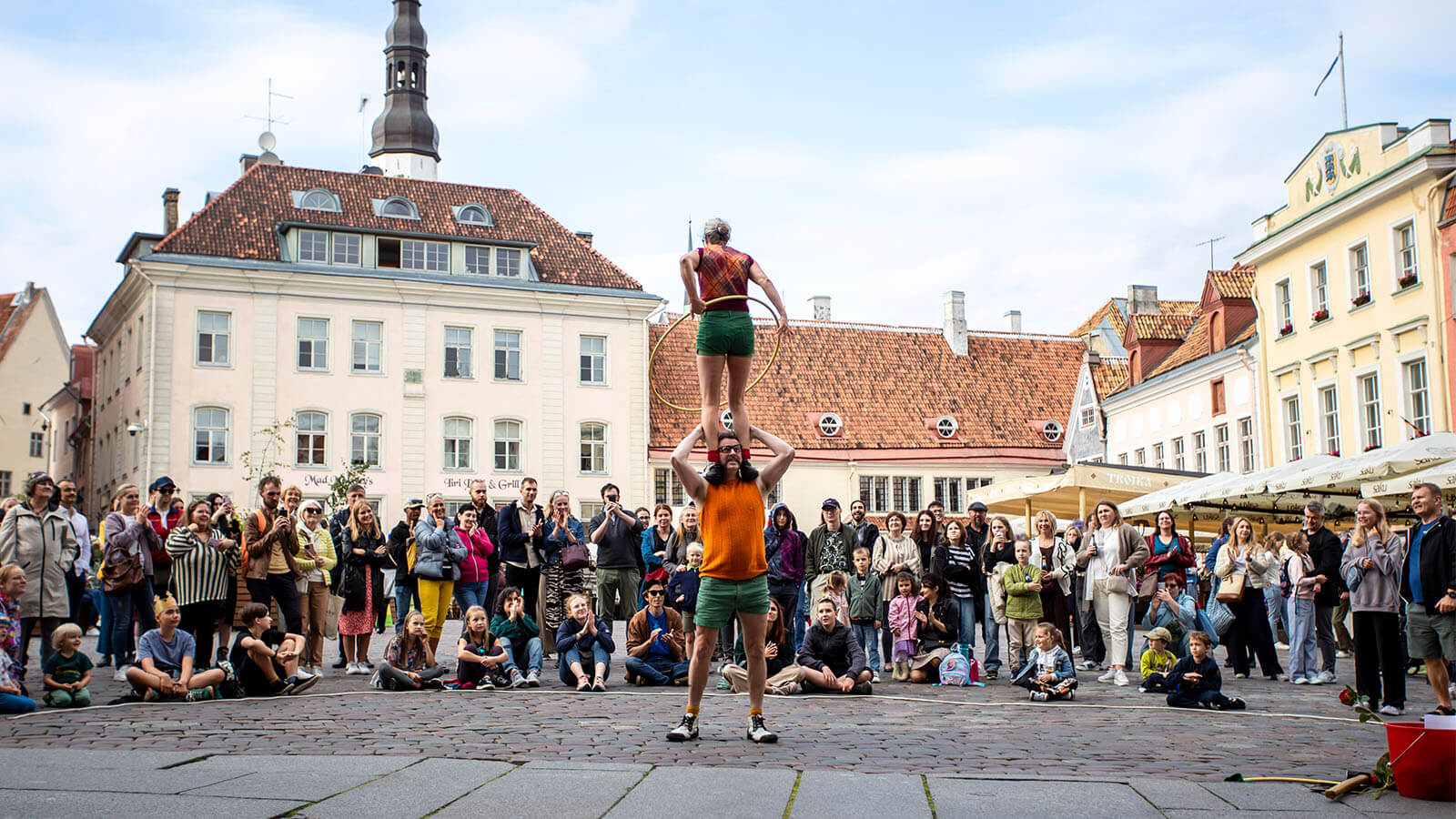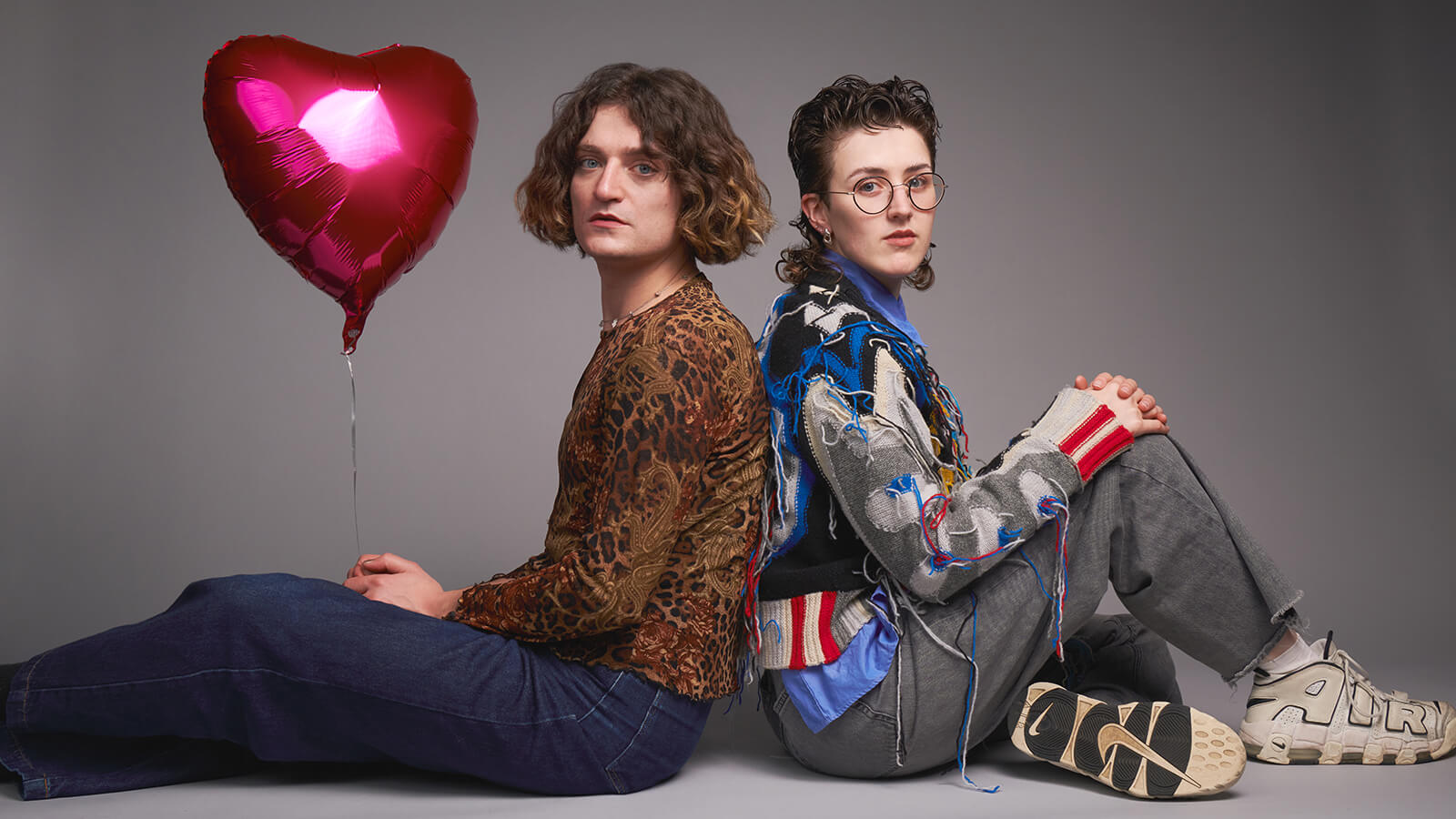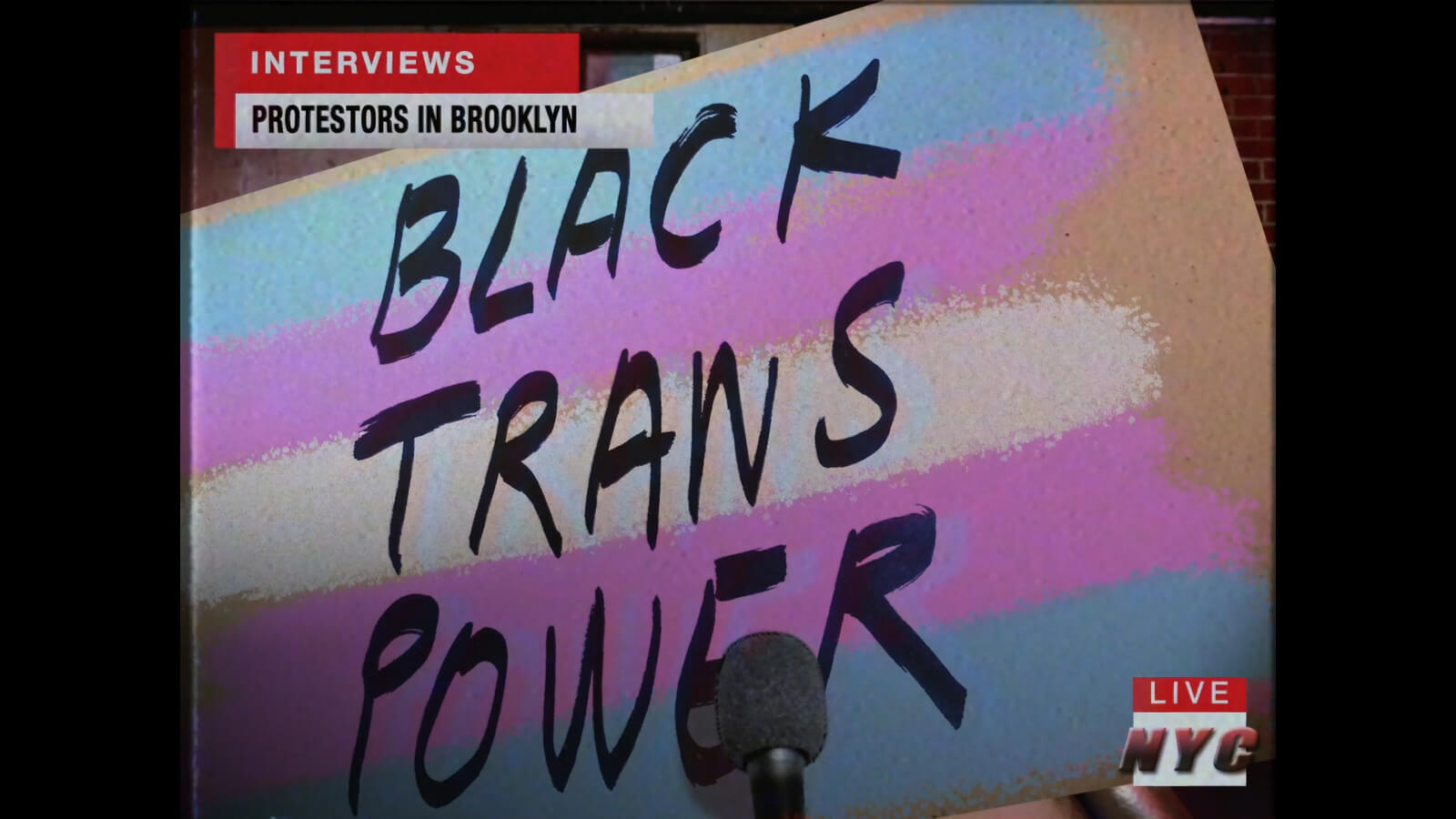How Tallinn Fringe Festival Is Democratising Art & Creating A Radically Inclusive National Cultural Identity
The Tallinn Fringe Festival is in full swing when I arrive. It’s the first of its kind in Estonia, but one of the hundreds of performing arts festivals under the ‘Fringe’ name globally – including, most famously, in Edinburgh. Tallinn Fringe is in its 8th edition, featuring over 100 performers from various countries across 10 venues.
Both Estonia’s capital and most populated city, the port city of Tallinn boasts an eclectic architectural landscape, with buzzing exposed-brick vegan restaurants dotting the creative Telliskivi district and a nearby medieval old town enclosed by castle walls. Much like the country it belongs to, Tallinn finds itself at a multitude of intersections: old and new; Nordic and Slavic; Post-soviet and independent; Estonian and Russian-speaking. With the introduction of its Russian-speaking comedy programme for 2024, what does the Tallinn Fringe say about navigating the nuances of national identity?
Tallinn Fringe was created in 2016 by Dan Renwick, the festival’s current director. An Australian expat and circus performer, Renwick took on the challenge of establishing a Fringe Festival to address the lack of support and education for non-classically trained performers in Estonia. The Fringe Festival format is unusual in that, technically, anyone with a secured venue can perform, but the performers are responsible for preparation, promotion and attracting an audience. Renwick notes that “Tallinn Fringe’s curation point is decentralised.”
The event is primarily funded by private sponsors, with a small contribution from the city government. But despite Renwick’s efforts, it currently receives no support from the Estonian national culture fund. “Fringe allows people who don’t come from traditional backgrounds, or aren’t from upper classes, or [who haven’t] studied at the Academy to perform – it’s dangerous to cultural institutions,” he says. “[The art establishment] are scared because it’s normally high-brow stuff that is considered art and culture in Estonia.” He continues: “Fringe democratises arts. It gives people the freedom to perform. After the Soviet Union, people wanted freedom. Let’s put it into the arts as well.”
Renwick is transparent about what Tallinn Fringe audiences can expect. He won’t guarantee enjoyment, but invites you to watch a show anyway – whether you love it or hate it, he’s certain it will leave you with something to discuss. “We empower people to have an opinion because that ground has historically been claimed by those with arts education – they’re the ones who get to decide what is art. And that’s wrong.”
During my stay, I’m properly initiated into Tallinn Fringe, visiting 10 shows over four days. I’m re-acquainted with the joy of bearing witness to people creating for creation’s sake. Street performer Shiva Grings’ show The Pigeon Chaser – part of the All Irish Street Showcase – draws an audience in the town square with his improvised antics, while a church warden gleefully watches from a tower window. Later, in HUNGR, a neon-lit queer venue, dancers tell Nordic fairy tales through whimsical pole routines.
A Scottish comedian, Andrew Sim, takes on the hilarious yet alarmingly sincere persona of Linda, leaving audiences at the Heldeke! in stitches and feeling rather existential. And I watch as Marina Cherry performs a contemporary dance routine that is simultaneously horrifying and silly – contorting her body in ways that leave me, both literally and figuratively, jaw-dropped.
“An audience decides whether something’s good or bad, art or not, and each audience is made up of individuals who decide for themselves,” Renwick says. “People need to understand that the power is in their hands and their opinions matter.”
This year, Tallinn Fringe features a Russian-speaking stand-up comedy programme funded by the British Arts Council’s People To People initiative (cultural engagement scheme to build cohesion through art between people from different communities in Estonia, Latvia and Lithuania) showcasing 20 performers from nine countries.
It marks a notable deviation from Estonia’s mainstream art scene, which caters primarily to Estonian and English speakers. Following Estonia’s independence from the Soviet Union in 1991, the nation had to navigate the consequences of lost national identity. In the process, the government focused on reconstructing a national identity for native Estonians, while denying citizenship to Soviet-era, Russian-speaking immigrants. This left many of them stateless with limited rights until completing the naturalisation process. As a result, the Russian-speaking community has faced political and economic marginalisation, leading to segregation reinforced by separate education systems and media.
This tension has been exacerbated by Russia’s invasion of Ukraine, leading to the removal of Russian from websites and public announcements in Estonia.
“The idea for the Russian-speaking programme came from the belief that deleting people from conversations is not the best way of dealing with conflict,” Renwick explains. “We have to be part of the conversation together, and speak to people in their language(s).”
Jana Levitina, Russian-speaking comedy programme curator, highlights its significance – and radical inclusivity – given Estonia’s history and current socio-political climate. “It creates a welcoming atmosphere for those who feel alienated,” she says. “Most Russian-speaking people in Estonia speak other languages, but having cultural events available in your mother tongue signals that you are a part of this society beyond providing basic equal rights on paper.”
The desire for a national identity seems as intrinsic to human nature as our inclination to focus on otherness – whether by reducing people to the sum of their government’s actions, or stereotyping based on their ethnic background or native tongue. But, Levitina asserts: “One’s linguistic, cultural and ethnic background does not define their views and should not define their place in the world.”
Language carries context – it is both a result of and agent for culture. Trying to be funny in a foreign language can seem futile when wordplay, idioms and punchlines aren’t easily translatable. Yet comedy, which relies on shared experiences that vary across cultures, has the power to reveal universal truths that transcend linguistic and social barriers. As Levitina says, “Laughing with someone you wouldn’t otherwise consider an equal or potential friend can be eye-opening – you see that you can relate to many people, even those from different backgrounds.”
The arts create new entry points for conversation, whether introducing a topic via performance or by making space at the table through platforming marginalised creatives. Estonian native and Fringe performer Kaisa Ling believes Tallinn Fringe exemplifies “art’s ability to break down social barriers. The fact that anyone can express themselves on stage – immigrants, women, disabled people, LGBTQ+ individuals – validates what the Fringe stands for and demonstrates what art can do to empower and liberate.”
Tallinn Fringe runs until 18 September 2024. Explore all that Estonia has to offer by checking out Visit Estonia
Jamison Kent is a freelance arts and culture writer based in London. She writes for publications including Glass Magazine, Little White Lies and more




